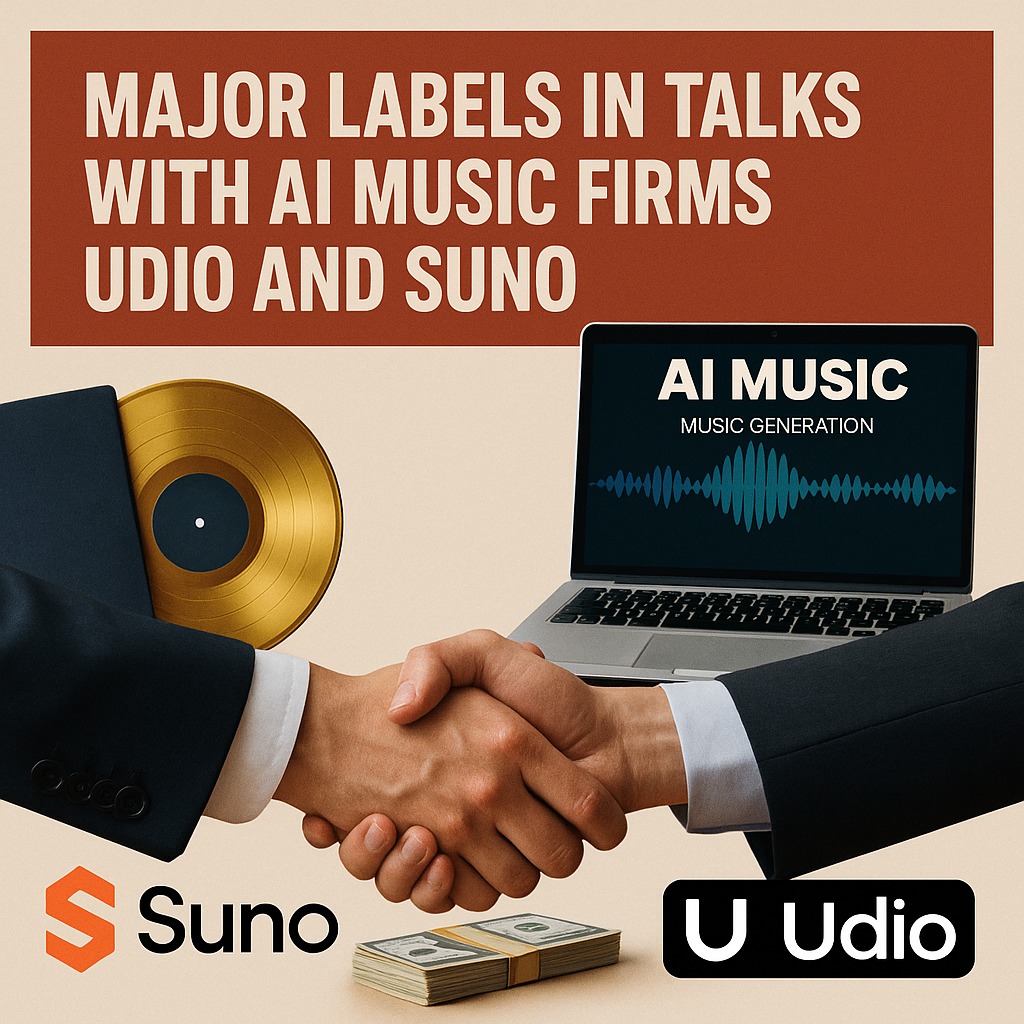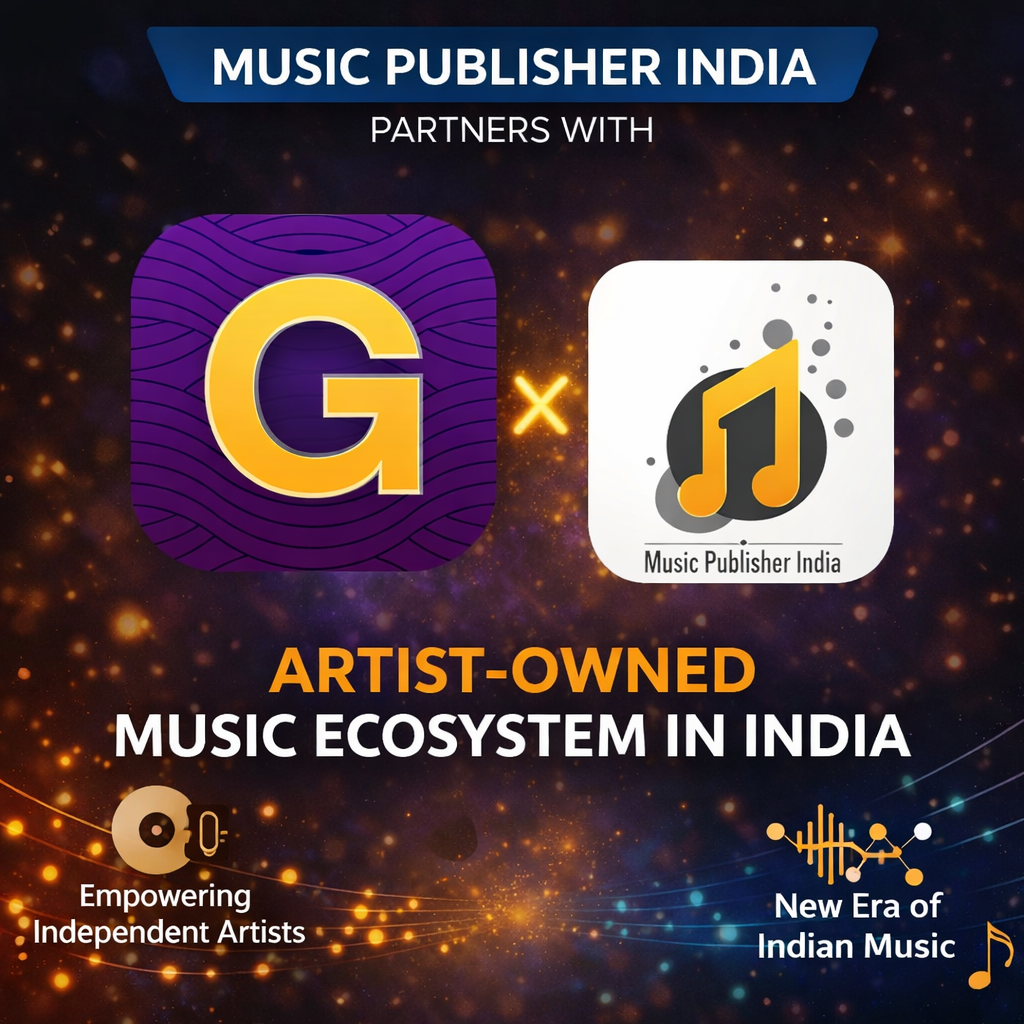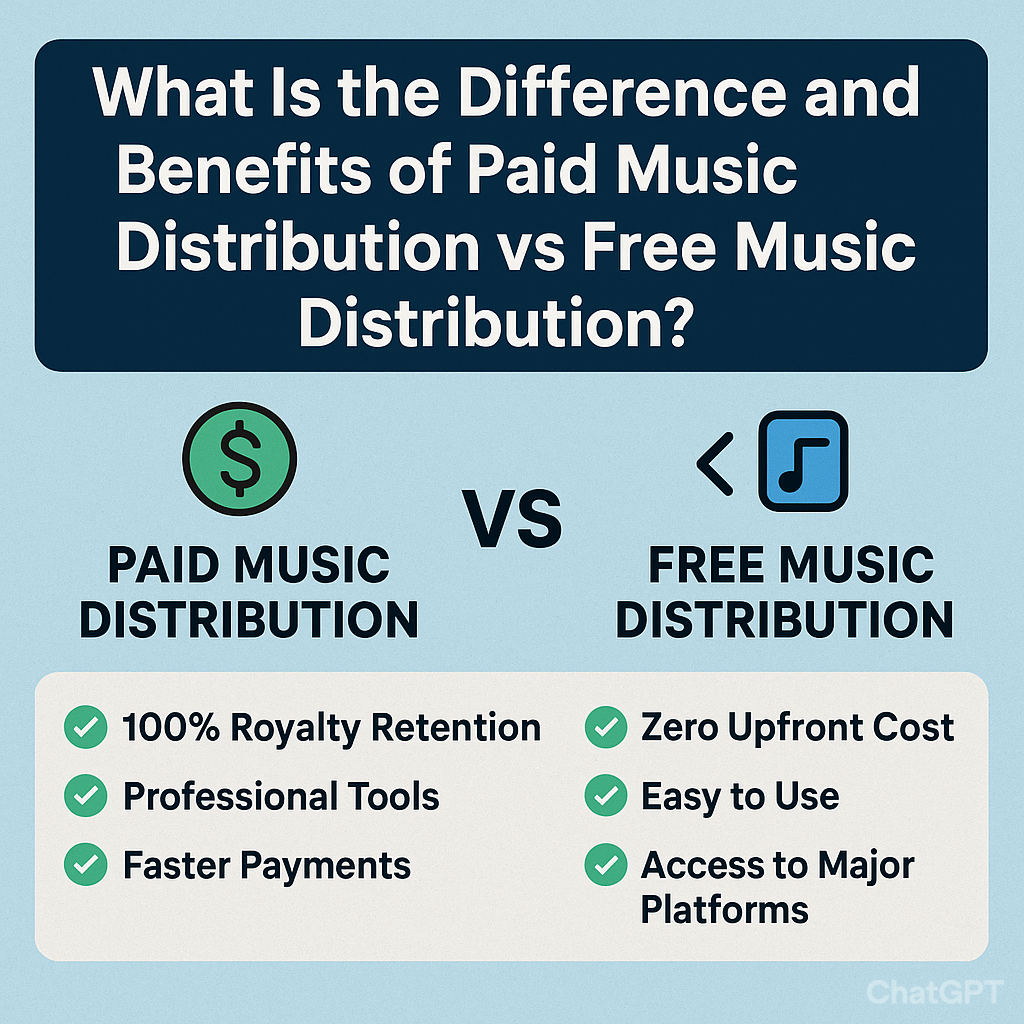
Major Record Labels in Licensing Talks with Controversial AI Music Generators Suno and Udio
Music Industry
In a move that signals a turning point in the ongoing tension between traditional music rights holders and emerging AI-powered music platforms, major record labels are reportedly in licensing discussions with controversial AI music generators Suno and Udio.
According to industry insiders, top music companies — including Universal Music Group, Sony Music, and Warner Music Group — are seeking to formalize agreements that would allow these AI platforms to use copyrighted material in their training and generation processes. The proposed deals reportedly include upfront licensing fees as well as a small equity stake in both Suno and Udio.
The AI Music Revolution Meets Legal Reality
Suno and Udio have made headlines in recent months for their ability to generate full-length, professional-quality songs using nothing more than text prompts. These platforms are widely praised for their innovation but have also drawn criticism and legal scrutiny over their data training practices. Critics argue that AI music models may have been trained on copyrighted recordings without proper permission — a claim both companies have declined to comment on directly.
As AI continues to redefine music creation, rights holders are now attempting to gain leverage through licensing frameworks. The reported deals are seen as an attempt to monetize AI usage rather than outright block it — a more pragmatic approach that acknowledges the unstoppable growth of generative technology.
Strategic Equity: A New Model for Coexistence?
Sources suggest that alongside licensing revenue, record labels are eyeing minor equity positions in both companies. This would not only allow the labels to profit from future success but also give them a say in ethical and commercial decisions moving forward.
This strategy mirrors similar deals made in the past, such as major labels investing in Spotify and receiving equity stakes as part of their distribution and licensing agreements.
A Delicate Balance
The talks come amid a broader legal and ethical debate over AI-generated content. Musicians, songwriters, and composers around the world have expressed concern about how their works are used in AI training, and whether AI-generated music could eventually replace human creativity.
By seeking licenses and equity, music companies appear to be betting on coexistence rather than confrontation — aiming to influence the development of AI platforms from within rather than fight them from the outside.
What’s Next?
Neither Suno nor Udio has issued a public statement regarding the licensing talks. However, if the negotiations are successful, it could set a precedent for how generative AI and traditional media rights can align, potentially paving the way for a new era of collaboration — or at least compromise — between Silicon Valley innovation and the legacy music industry.
As AI tools become more sophisticated and accessible, the music industry’s response will shape not just the future of creativity, but also the balance of power in the global entertainment economy.





